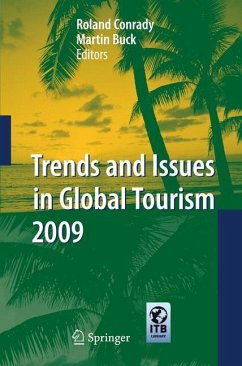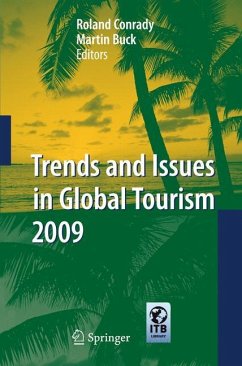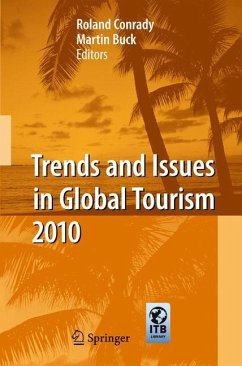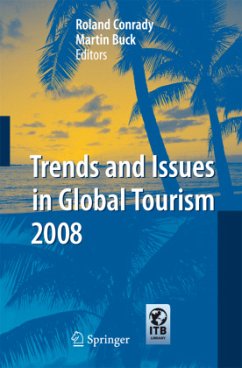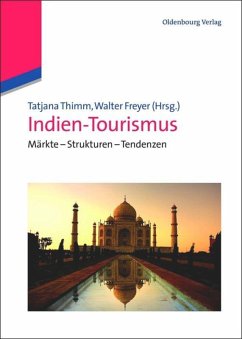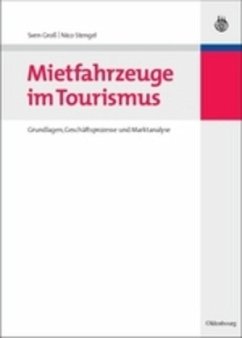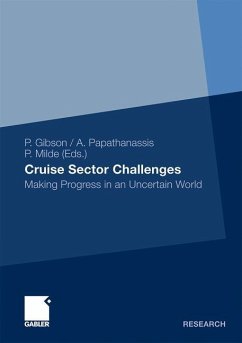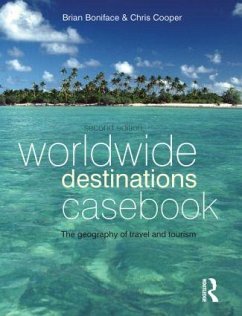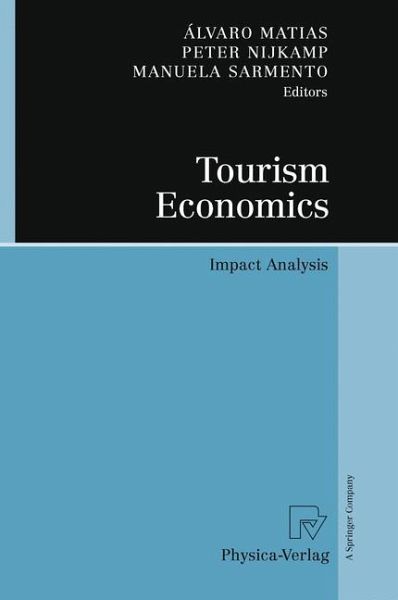
Tourism Economics
Impact Analysis
Herausgegeben: Matias, Álvaro; Nijkamp, Peter; Sarmento, Manuela

PAYBACK Punkte
38 °P sammeln!
The assessment of local, regional or national impacts of an influx of tourists - of different kind and origin - has in recent years become a new challenge for economics research in the tourism sector. There is a clear need to develop solid methodologies through which the socio-economic impacts of tourism can be assessed. Tourism impact assessment - as a systematic approach to the estimation of socio-economic effects of tourism on relevant parts of the economy - has become a timely response to the need for appropriate information for stakeholders, both public and private. The present volume bri...
The assessment of local, regional or national impacts of an influx of tourists - of different kind and origin - has in recent years become a new challenge for economics research in the tourism sector. There is a clear need to develop solid methodologies through which the socio-economic impacts of tourism can be assessed. Tourism impact assessment - as a systematic approach to the estimation of socio-economic effects of tourism on relevant parts of the economy - has become a timely response to the need for appropriate information for stakeholders, both public and private. The present volume brings together a set of recent impact studies - of both a theoretical-methodological and an applied policy-oriented nature - , which have been selected on the basis of their originality or novel contribution to the research in this field.



